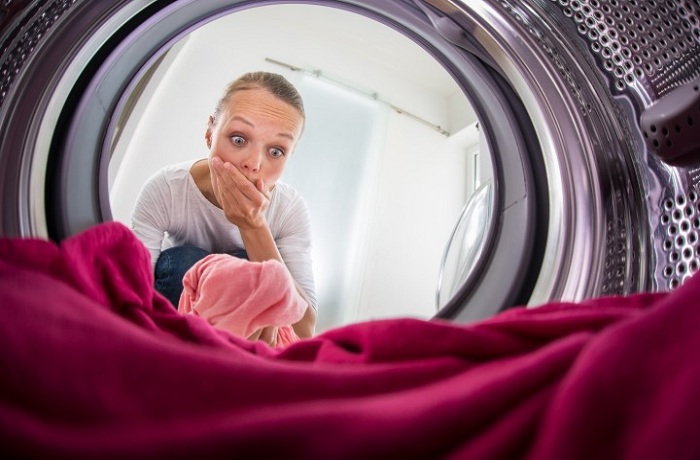One can find the best washing machines being used for a wide variety of cleaning tasks. You can trust your washing machine to remove any kind of stain or to clean the sweat and odor out of your workout clothes. But did you know that there are certain things that should never go in the washer?
Throwing anything into the washing machine’s drum is a bad idea that can ruin both the clothes and the machine. We’ve made a list of 15 things that should never go in the washer so you can avoid these mistakes and help your washer last longer. Some of these laundry no-nos may come as a complete shock to you.
Anything covered with pet hair
Having pets, such as cats and dogs, can be fun, but you may have noticed that their hair seems to end up in the most unexpected places, such on your clothes. As tempting as it may be to toss your fur-lined belongings into the trash can, you should refrain from doing so.
Shedding doesn’t just evaporate, even if it comes off in the wash. It will have made its way inside your machine, possibly obstructing the drain or leaving behind sticky residue on the walls. In either situation, it’s not ideal.
Before washing your garments in the machine, make sure to remove any excess fur. One quick brush with a lint roller can do wonders.
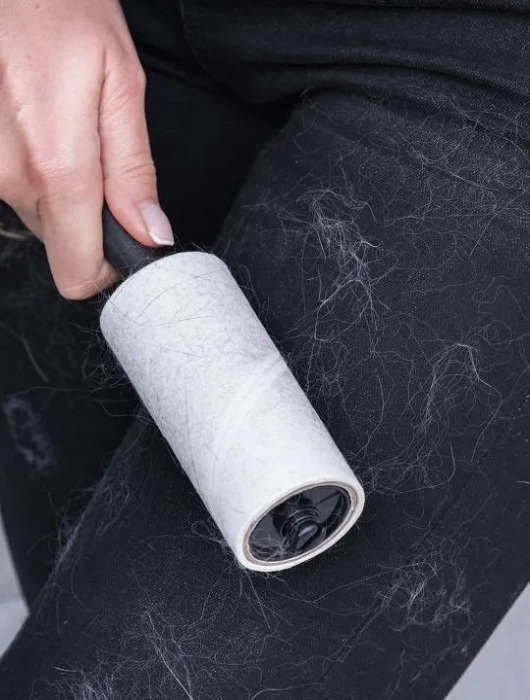
Memory foam pillows
Most synthetic, cotton, and even down pillows can be washed, but memory foam often cannot. Since foam is so soft, it will tear easily during the process. Even if you choose not to spin the clothes, you will still have a soggy, heavy mess on your hands.
You can often toss the blankets in the washing machine. However, use the upholstery attachment of your vacuum to clean the foam pillow. Use a microfiber cloth and a mild dish detergent solution to clean any stubborn stains, then wipe down and rinse with a moist cloth. Before doing so, however, it is recommended to examine the garment’s care label. There are a few shredded foam pillows that are machine-washable.

Loose bras
Loose bras are another item to avoid washing in the washing machine. This is due to the fact that washing might harm the underwire and distort the contour of the bra. The metal clasps also pose a danger to other laundry in the washing machine by becoming entangled with and tearing them.
If you must wash your bras in the washing machine, please use a laundry bag. If you want to be safe, stick to hand washing.

Open zippers
When you run your finger along an open zipper, you’ll notice that each of the teeth catches your skin as you go – the effect is similar in a washing machine. Unzipped zippers present a risk of snagging on other laundry and causing damage, as well as scratching the inside of the washing machine drum and other sensitive things.
To prevent this faux pas, make sure your zippers are all the way up, but remember to leave any buttons undone. Because of the reduced tension on the thread, you won’t have to look up “how to sew on a button” as often.
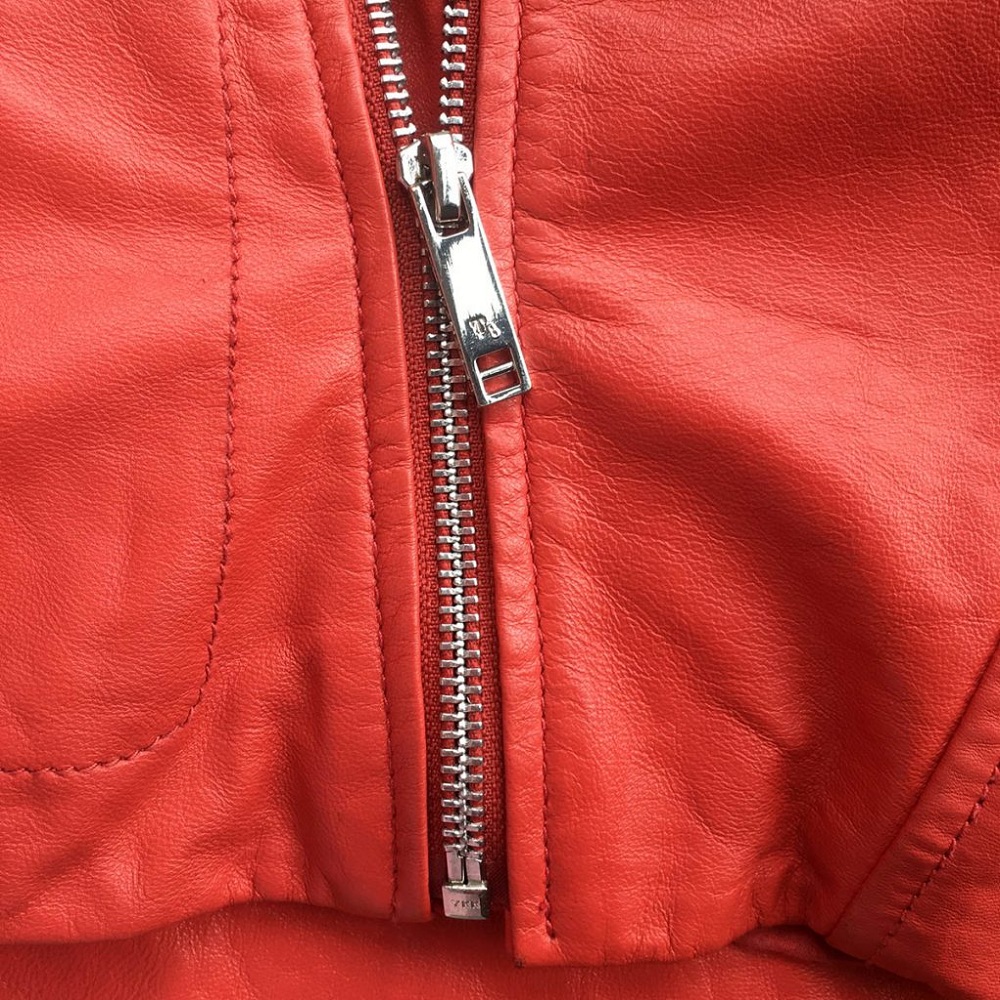
Swimwear
Even though it says “machine washable” on the label, hand cleaning your swimwear will help it last longer. The fabric will lose its form over time due to the effects of repeated washings.
This is especially true of nylon and spandex, both of which have a tendency to snag on other components of a bag’s contents, such buckles and straps. As a result, it’s best to wash by hand with care to prevent damage and disappointment.

Flammable stains
While regular laundry loads can be washed in a washing machine, items with a potentially combustible residue should not be washed in a machine. The same goes for any flammable spills or stains, such as those caused by cooking oil, gasoline, alcohol, motor oil, and similar substances. These fluids are a fire threat, so you shouldn’t put them in the washer, and you should avoid putting them in the dryer as well.
If you must use water, pre-soak the garment first, and then treat the stain with a solvent-based product. Then, use hot water and wash by hand. After washing, always hang to dry.
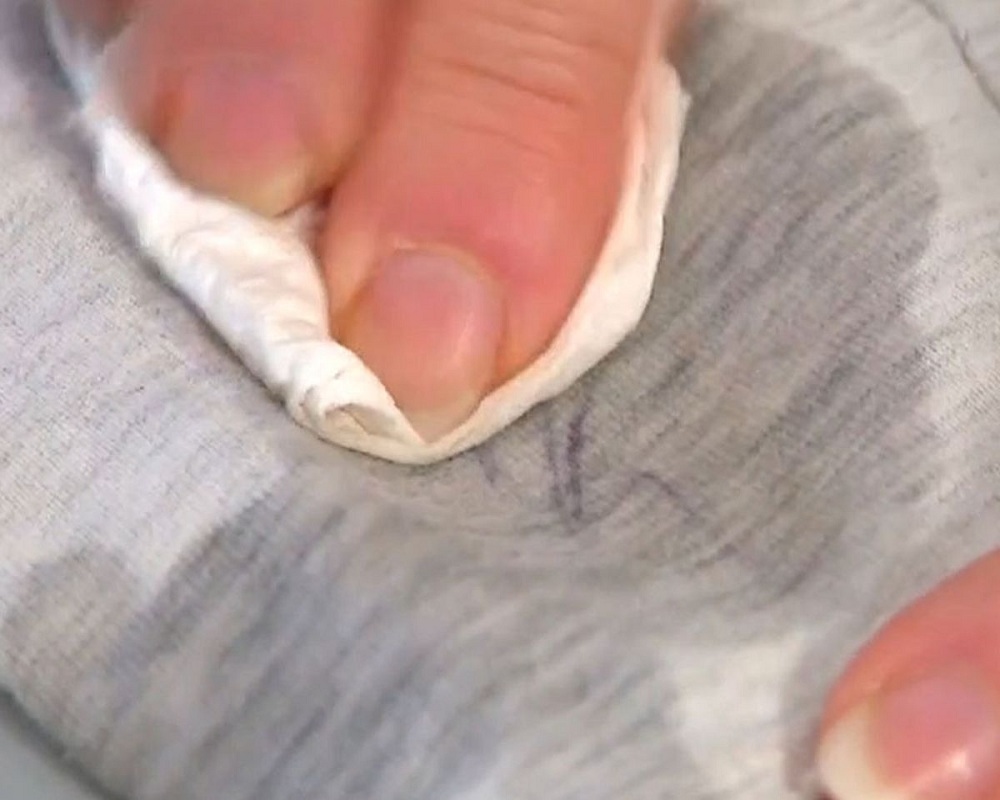
Embellished items or lace
Washing machines are not a good place for anything covered in sequins. There are still many threads that can be pulled or caught during the cycle, even if you turn the garment inside out. The high temperature can also dissolve the adhesive, rendering the embellishments useless.
Also, avoid putting in any items that have lace or embroidery for the same reason. Lace is extremely fragile and quickly ripped when it comes in contact with other materials. Dry cleaning may be required; please refer to the care label on the garment.

Single, heavy items
It’s possible that the spin cycle will break if you toss in a single pillow or a weighted blanket with your laundry. Your washer will have trouble getting up to speed and spinning if the load isn’t properly distributed. Attempting to do so could cause internal damage by dispersing the item’s weight unevenly across the drum.
Your washing machine may create a terrible racket as it rapidly accelerates, or it may begin to vibrate and shake violently. The cycle may be interrupted, leaving you with a soggy, heavy mess. Make sure the drum is completely full and the weight is distributed evenly to avoid this issue. A simple solution could be adding more towels.
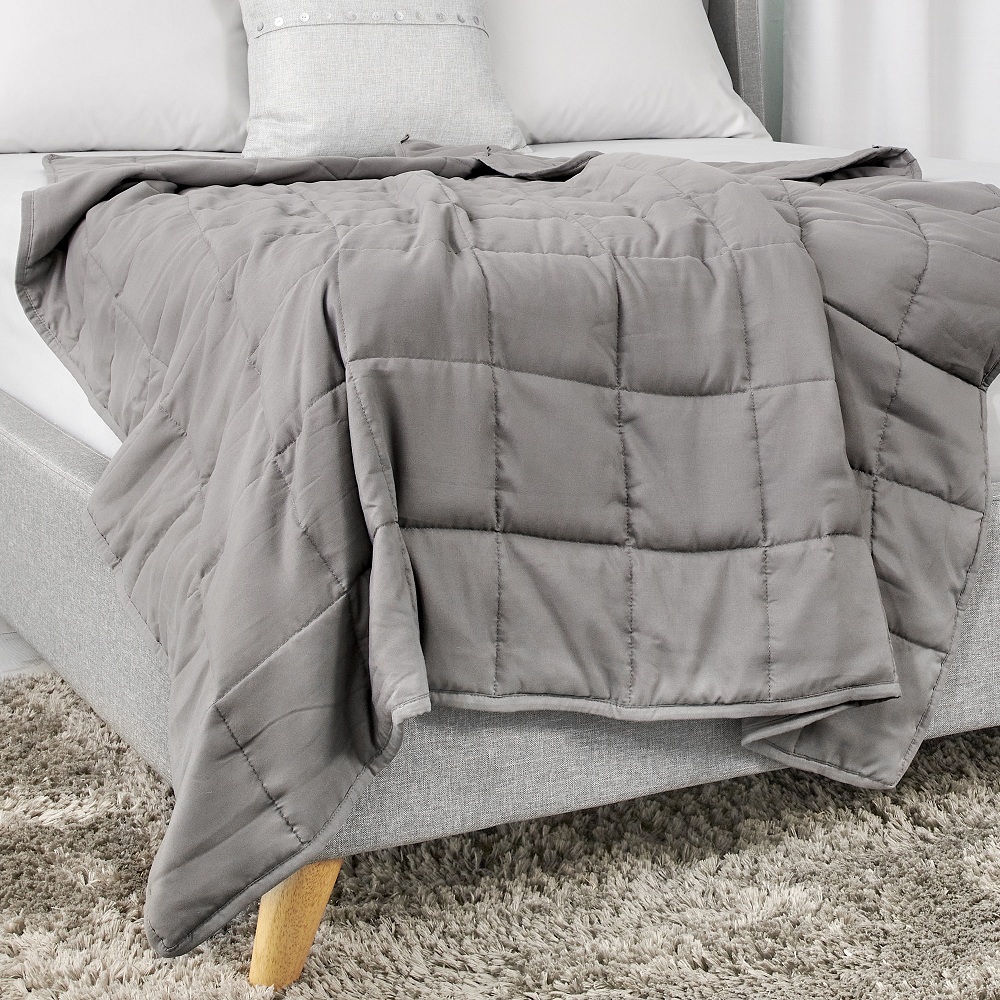
Delicate sweaters
This is probably the mistake people make the most. Always refer to the label for washing instructions, especially if the item is made of wool, cashmere, or velvet. The excessive heat of the washing machine can cause the fabric to shrink, and the rubbing against other garments can cause it to lose its luster.
To clean, either hand wash with mild detergent or send to the dry cleaner. Use a laundry bag to protect the item throughout the wash cycle and extend its life even if the care label says it can be washed in the washing machine.

Ties
Although washing a necktie isn’t something most of us do very often, it will become necessary after repeated use or a particularly messy incident. The issue is that neckties are often composed of silk or wool and may have intricate stitching. This implies they may be damaged, distorted, or shrunken if washed.
Your ties will last longer if you either hand wash them or send them to the dry cleaners. If you have any stains that just won’t come out, you can use a special spot cleaner.

Suits
Next in line, after ties, are suits, which also should not be washed in the machine. Most of them are created out of soft materials that would be ruined in the wash.
Suits, whether made of cotton or polyester, always have interfacing to help them maintain their shape. Suits should be dry cleaned instead of washed in the washing machine since the interface may dissolve or distort in the water.

Purses
It’s tempting to just toss your worn-out purse in the washing machine and hope for the best, but you should avoid doing this. Most purses are constructed of soft materials like leather that would be ruined if washed in a machine. Exterior decorations are just as vulnerable to being ripped off or melted away.
Regardless of the above, the agitation of a washing machine will not help your purse retain its form. So simply keep the two separate. You should manually wash and treat individual stains as needed. It may be sufficient to simply wipe the material down with a damp microfiber cloth.

Miscellaneous items
Always remove all items from pockets before tossing an item into the washing machine. Jeans and jackets in particular have many of pockets to store things like pens, keys, and coins, all of which create a lot of noise if they fall out.
These can crack the walls of your machine and scratch the front panel of a front-loading model. They may become stuck in the drain pipe or scratch the exterior of the tank, requiring costly repairs. Before loading your clothes into the washing machine, be sure there are no foreign objects hiding in there, and immediately stop the cycle if you hear anything out of the ordinary.
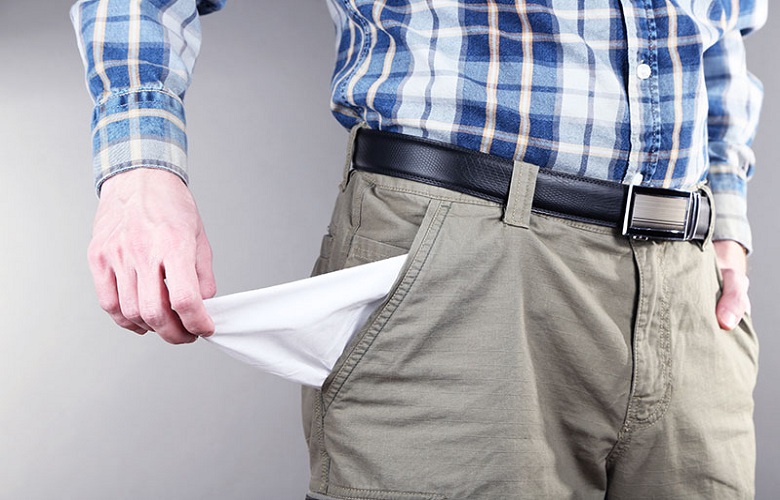
Anything that says “dry clean only” on the label
The instructions on the care label should always be followed precisely. If the label specifies ‘dry clean only,’ then it should not be washed in water. There is a good chance that you could ruin the item by putting it in the washing machine, therefore heeding this advise is probably for a good cause.
Even if the label specifies “hand wash only,” the item may still be washed in a machine, but extra caution should be exercised.
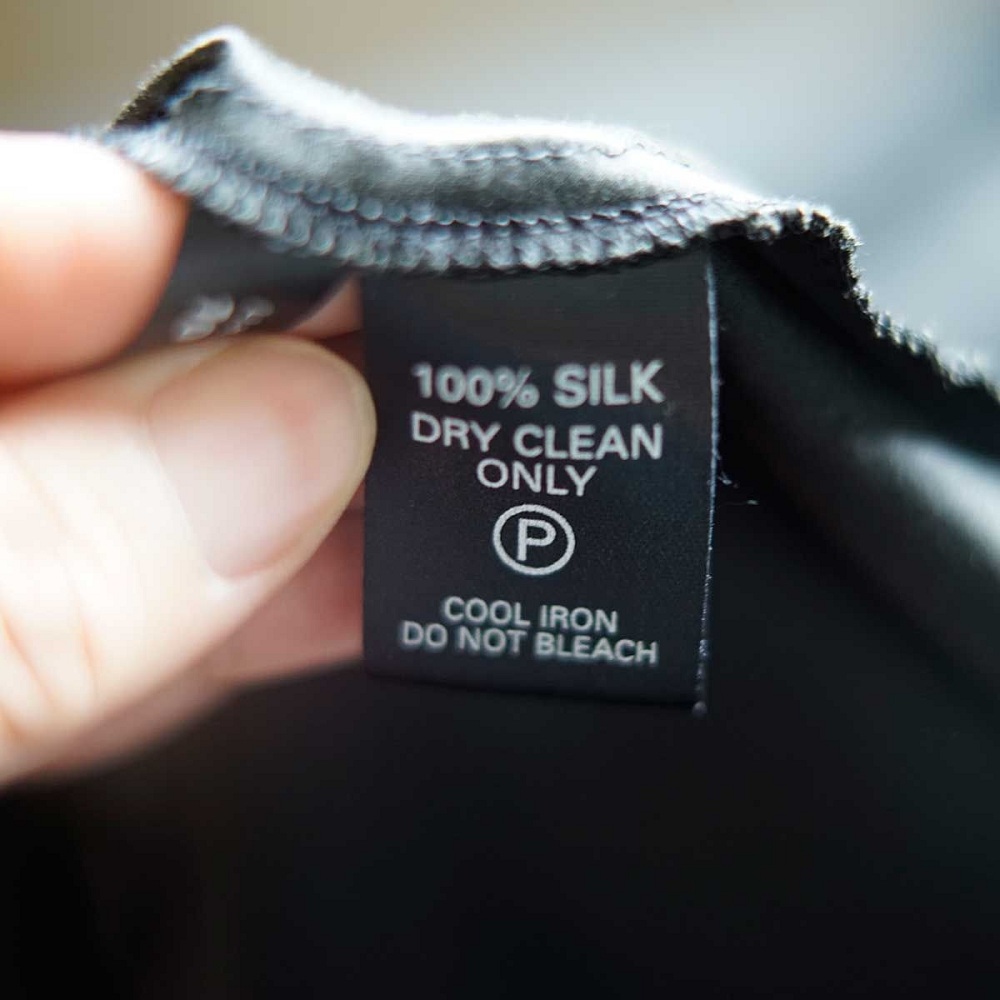
Too much detergent
While this blunder may not seem as severe as some of the others on our list, it is nonetheless serious. When the rinse cycle comes around, the machine may have trouble getting rid of the surplus suds caused by using too much detergent.
Your garments will be left with detergent residue, which may cause allergic reactions or, at the at least, make them feel crunchy and difficult to wear. Avoid squandering money by overdosing on detergent.

